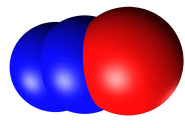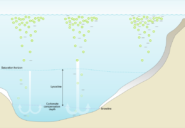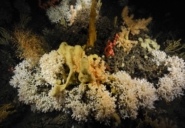
The ocean plays a major role in reducing the impact of the changing climate. About a quarter of the carbon dioxide (CO2) released due to human activities has been
/ read more


The ocean plays a major role in reducing the impact of the changing climate. About a quarter of the carbon dioxide (CO2) released due to human activities has been
/ read more
Anaerobic microbes produce more nitrous oxide (N2O), a strong greenhouse gas, with rising temperatures, a new research article published in Nature Climate Change shows. The researchers also find that
/ read more
NESSC-researcher Caroline Slomp (Utrecht University) has been granted the honorary title of Geochemistry Fellow 2020 by the Geochemical Society (GS) and The European Association of Geochemistry (EAG). [caption id="attachment_7092" align="alignright"
/ read more
The biological formation of carbonate minerals plays an important role in ocean acidification recovery, a new Nature Geoscience article by NESSC-researcher Jack Middelburg and colleagues posits. Changes to the
/ read more
The world’s oceans offer unexplored solutions to counter the adverse effects of climate change like ocean warming, ocean acidification and sea level rise. An international team of world leading
/ read more